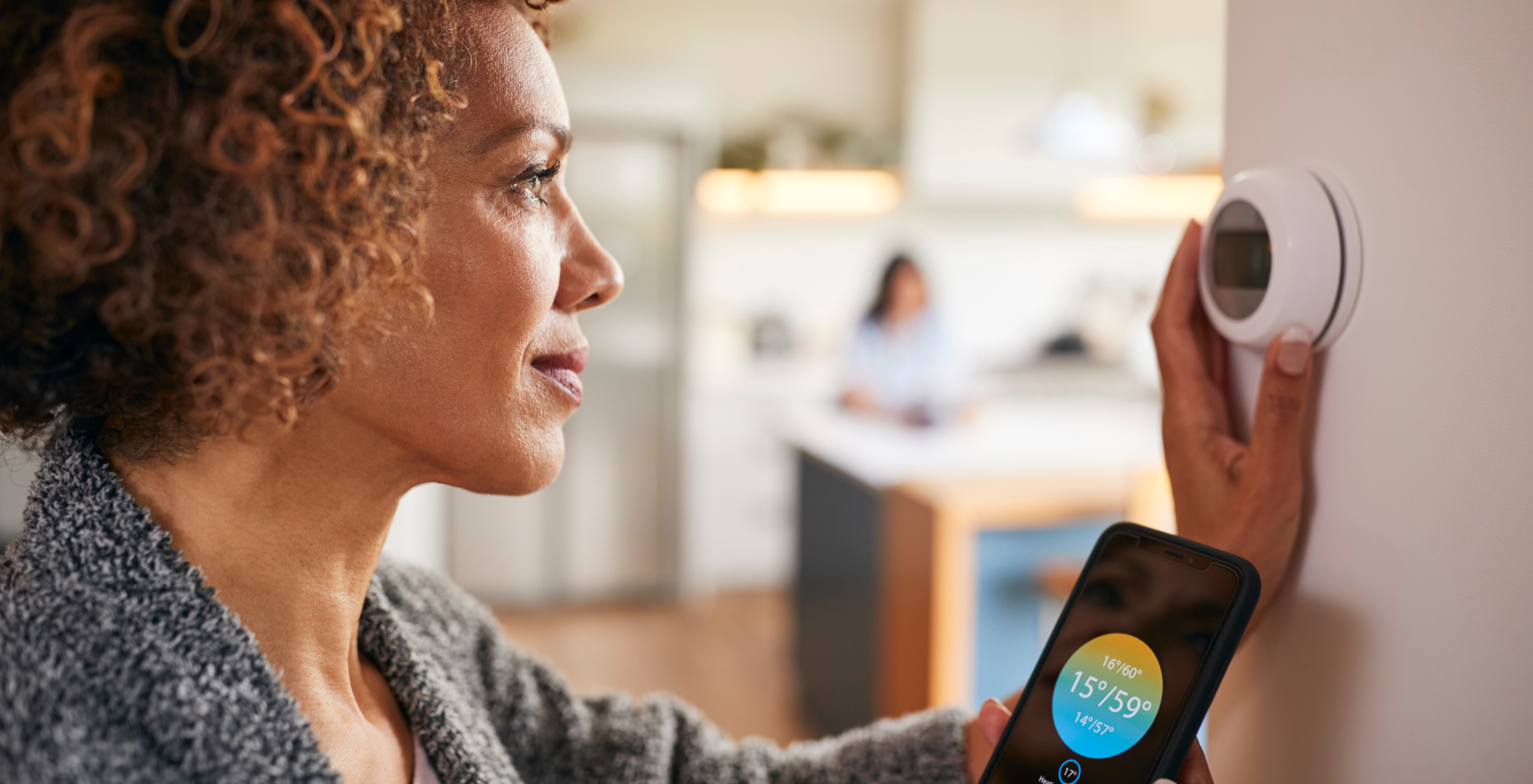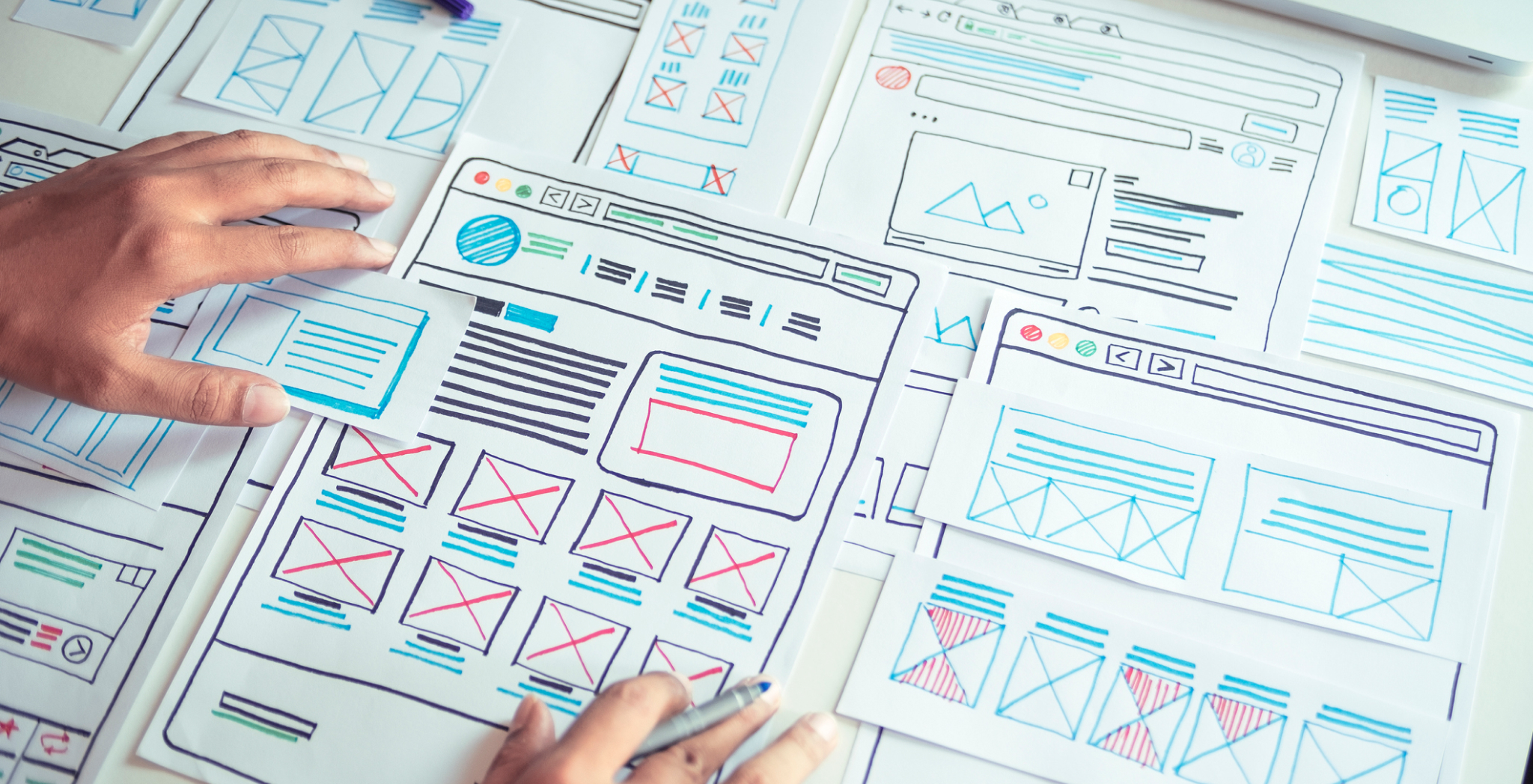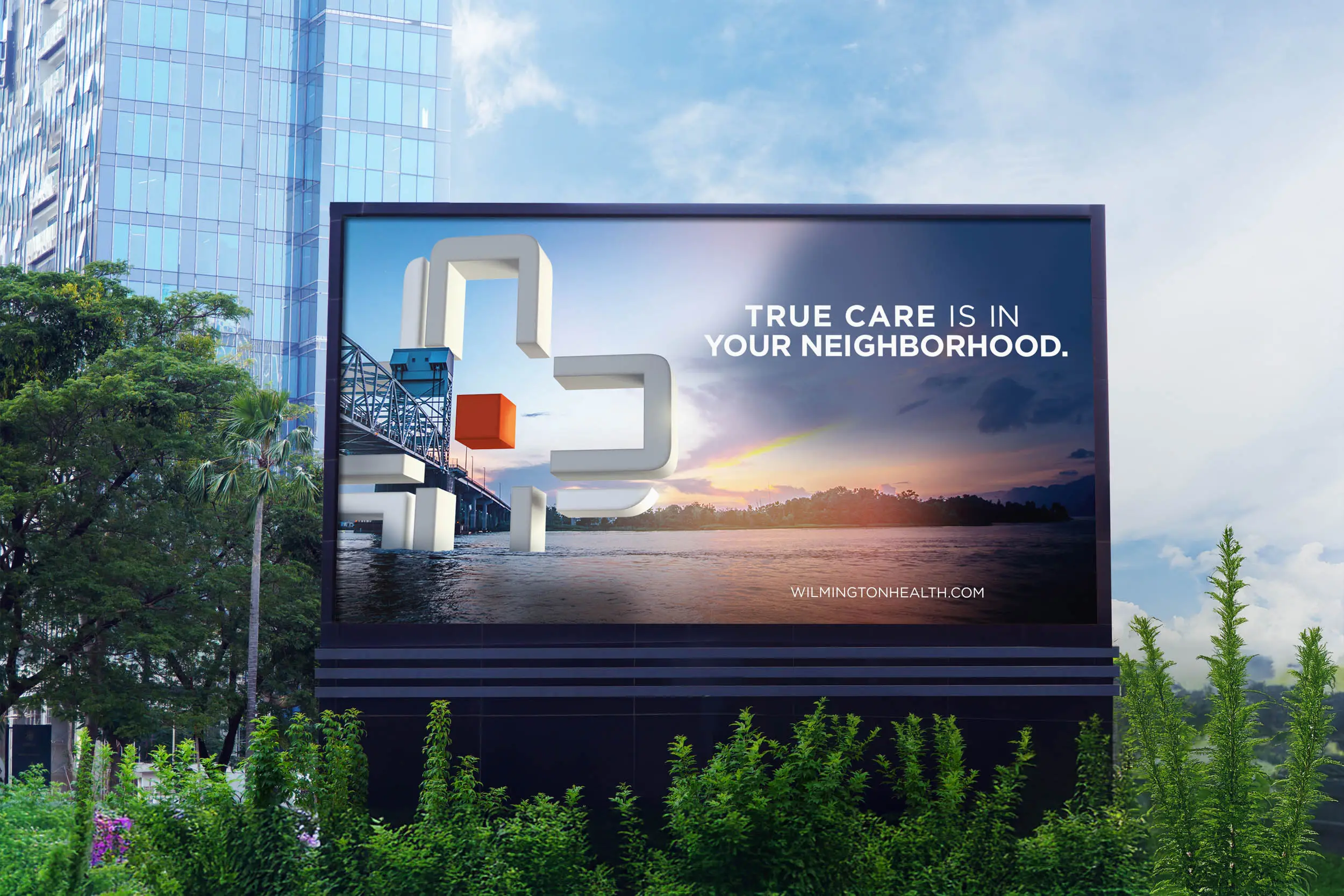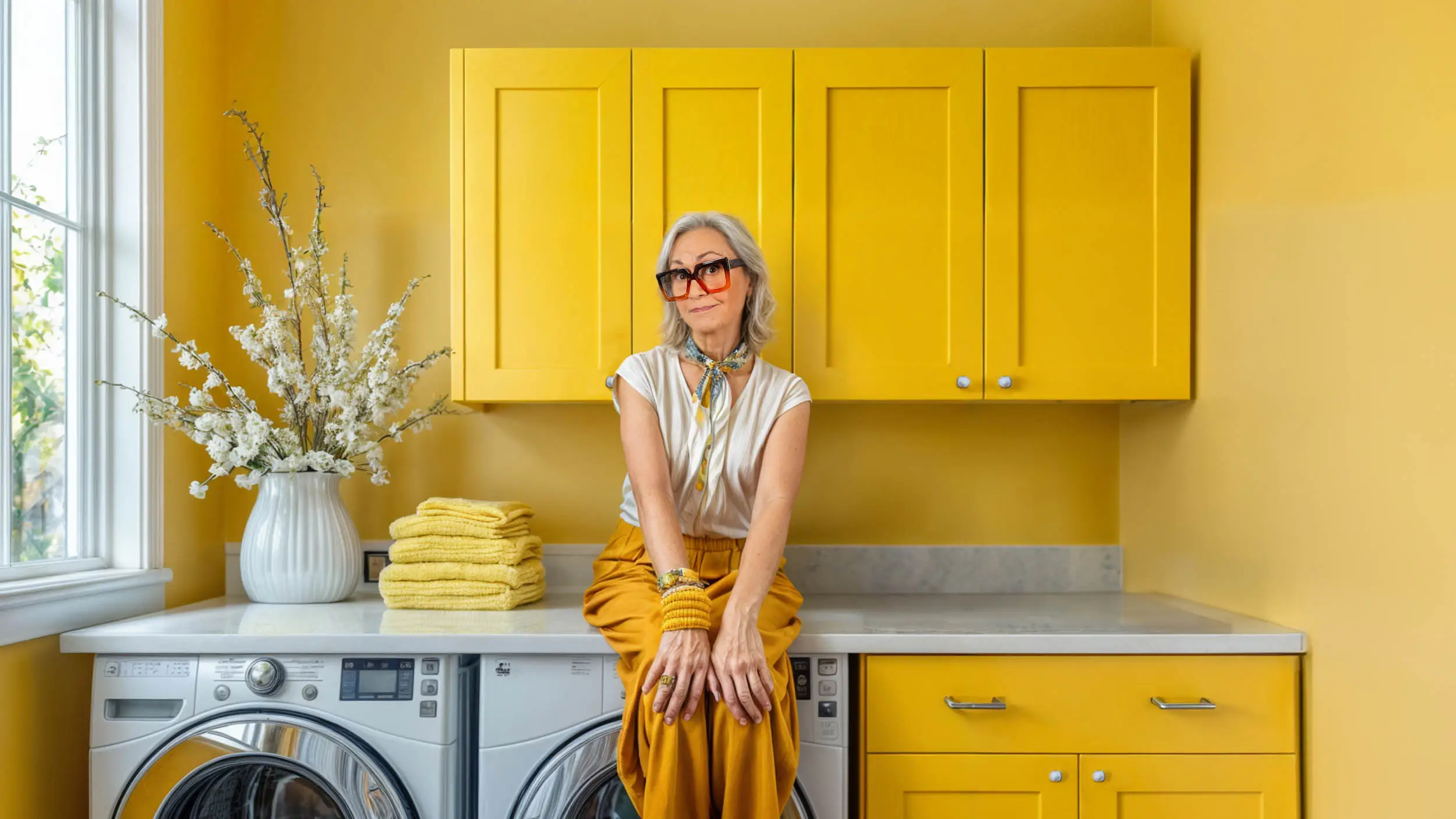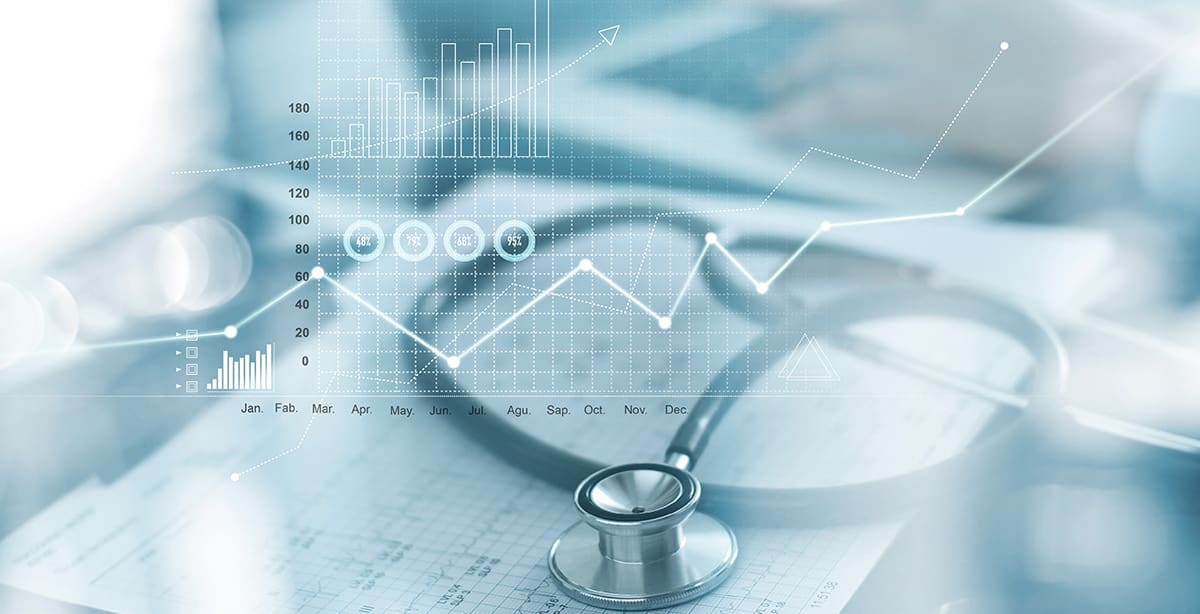
I was doing some research the other day as we prepared a marketing plan for a client and I came across some very interesting statistics:
The number of people who have used the Internet to search for health-related information increased from 53% in 2005 to 71% in 2007. This brings the number of all U.S. adults who have ever searched for health information online to 160 million, from 136 million in 2006 and 117 million in 2005”a 37% increase over two years.
HarrisInteractive.com | 7.31.07
According to Blue Cross and Blue Shield Association Consumer Preferences and Usage of Healthcare Information, 64% of consumers say it is important to be able to get information about healthcare questions from sources other than their doctor.
“Medical Cost Reference Guide 2007,” BCBS.com | 2007
According to a CIGNA HealthCare survey, the ability to personalize healthcare insurance to their needs and budget is valued by 81% of consumer respondents. Among other findings, 79% are confident in their ability to decide how much coverage they need and how much they’re willing to pay for that coverage, and 72% would value a plan allowing selection of health insurance choices using online technology similar to online shopping.
CIGNA.com | 3.1.06
70% of U.S. adults agree that they are generally satisfied with the way doctors and hospitals handle personal health information in terms of protecting its confidentiality and security, but 17 % say they withhold information from their health providers due to worries about how the medical data might be disclosed.
Harris Poll, HarrisInteractive.com | 3.26.07
What does all of this mean? At our agency, we retain a company called Icconoculture to help us identify trends, They have some interesting thoughts on the way consumers are seeking health information that I thought you would be interested in.
When you’re feeling sick, call the doctor”right? Not so much anymore. Consumers across the country have expanded their thinking beyond the white-coat authority to include a wide range of health and wellness resources. The multitude of sources available online, in peer networks and even on Oprah enables DIY health before consumers even consider making an appointment. Consumer “treat me” has shifted to Consumer MD.
In the insta-information world of Health 2.0, consumers are all too aware of wrong-side surgeries, misdiagnoses, overprescribed medications and the feeling of being shuffled through a crowded system riddled with confusion. Add to that the rising cost of health care, and consumers are clamoring for tools and information that help them figure it out”or catch things that a busy doctor didn’t.
Consumer MD mentality crosses cultures, age and regions. Moms, CHOs (chief household officers), the uninsured and underinsured, hyperlifers, Get RealSM skeptics and technomorphers are all looking for second opinions, cost-efficient alternatives, self-diagnostic tools and remote monitoring systems.
How does it break down by demo? Millennials approach Consumer MD with a confidence to search and access multiple resources at once, seeking transparency and authenticity. Gen Xers take a more practical stance of skepticism, appreciating questions preemptively addressed while at the same time valuing self-sufficiency, control and performance. Boomers are willing to try self-directed alternative medicine but demand personalized attention and leading-edge insight from the doc. Matures are most likely to value the traditional patient-doctor relationship, but they are entering the office armed with information.
No matter what the demographic, expertise and trust drive the Consumer MD mentality. Credentialed experts are meeting consumers with information in mediums that are easily accessible. Johns Hopkins Health News Podcasts, The Mayo Clinic Housecall e-newsletter and the UC Berkeley Wellness Letter root current information in well-respected names.
Consumers beehive online around knitting and music, why not celiac disease, depression and stroke? Health communities like USA Today’s Health Scout, PatientsLikeMe.com and DailyStrength.com are on the rise as consumers seek connection with people who know what they’re going through.
Never underestimate the importance of speed for the Consumer MD. Online and cellphone symptom checkers abound as people look for quick explanations. And whether it’s an ear infection, low sperm count or the onset of menopause, consumers can easily diagnose right at home.
WHAT THIS MEANS TO BUSINESS
Looking forward, Consumer MD’s Rx calls for healthcare on the consumer’s terms and time frame. Delivering personalized service in a fast-paced environment blends FingerprintingSM with Ready, Set, Go!SM for healthcare that meets the demands of patients who want to be involved and in charge of their bodies”not simply within the confines of the doctor’s office, but all of the time.
Consumers are comfortable taking charge of their health, whether that means the foods they eat, cosmetics they use or even the cars they drive. Companies that empower that inner healer will win fans.
Watch for wellness programs to steal the show in 2008 as consumers readily seek financial incentives like lower premiums.
By subscribing to our newsletter, you agree to our Privacy Policy.
